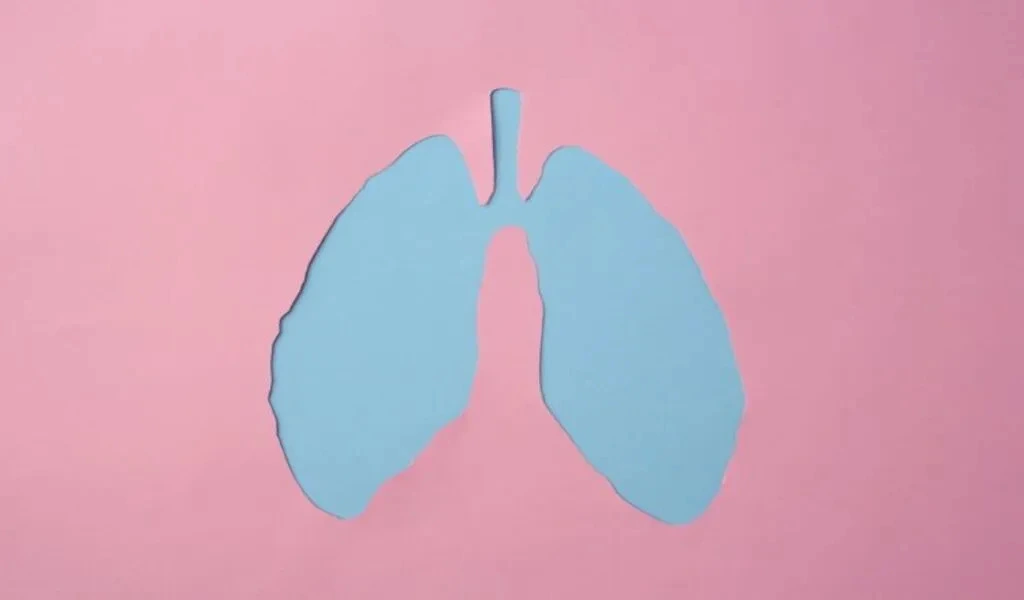(CTN News) – Despite not being the most common form of cancer, lung cancer is the deadliest.
Despite treatments such as surgery, radiation therapy and chemotherapy, only about a quarter of all patients with lung cancer will live more than five years after diagnosis, and lung cancer kills more than 1.8 million people annually, according to the World Health Organization.
UT Arlington and UT Southwestern Medical Center researchers have developed a novel method for delivering cancer-killing drugs directly into cancer cells in order to improve the odds for patients with lung cancer.
In our method, a patient’s own cellular material serves as a Trojan horse to deliver the targeted drug payload directly to lung cancer cells,” said Kytai T. Nguyen, Alfred R. Professor of Bioengineering at UTA. It consists of isolating T-cells (an immune cell type) from the cancer patient and modifying them to express a specific receptor that targets the cancer cells.
This new technique involves isolating the membrane from the modified T-cells, loading the membrane with chemotherapy medications, and coating them with tiny drug-delivery granules. There are approximately 1/100 of the size of a strand of hair in these nanoparticles.
The membrane-coated nanoparticles act as guides when injected back into the patient, directing the nanoparticles to the tumor cells precisely. As the coated nanoparticles mimic the properties of immune cells, they are intended to deceive the body’s immune system.
In addition to its highly targeted nature, this method has the advantage of overcoming the limitations of conventional chemotherapy, including adverse side effects and reduced quality of life for patients, according to co-author Jon Weidanz, associate vice president for research and innovation and an expert in bioengineering and kinesiology.
“By delivering chemotherapy directly to tumor cells, the system minimizes collateral damage to healthy tissues,” said Weidanz, who is also a member of UTA’s Multi-Interprofessional Center for Health Informatics.
Researchers loaded the nanoparticles with Cisplatin, an anti-cancer drug. Nanoparticles coated with membranes accumulated in areas of the body with tumors rather than elsewhere. This targeted delivery system was able to reduce the size of the tumors in the control group, demonstrating its effectiveness.
SEE ALSO:
Air Pollution Boosts Heart and Lung Hospitalizations: Study Reveals






